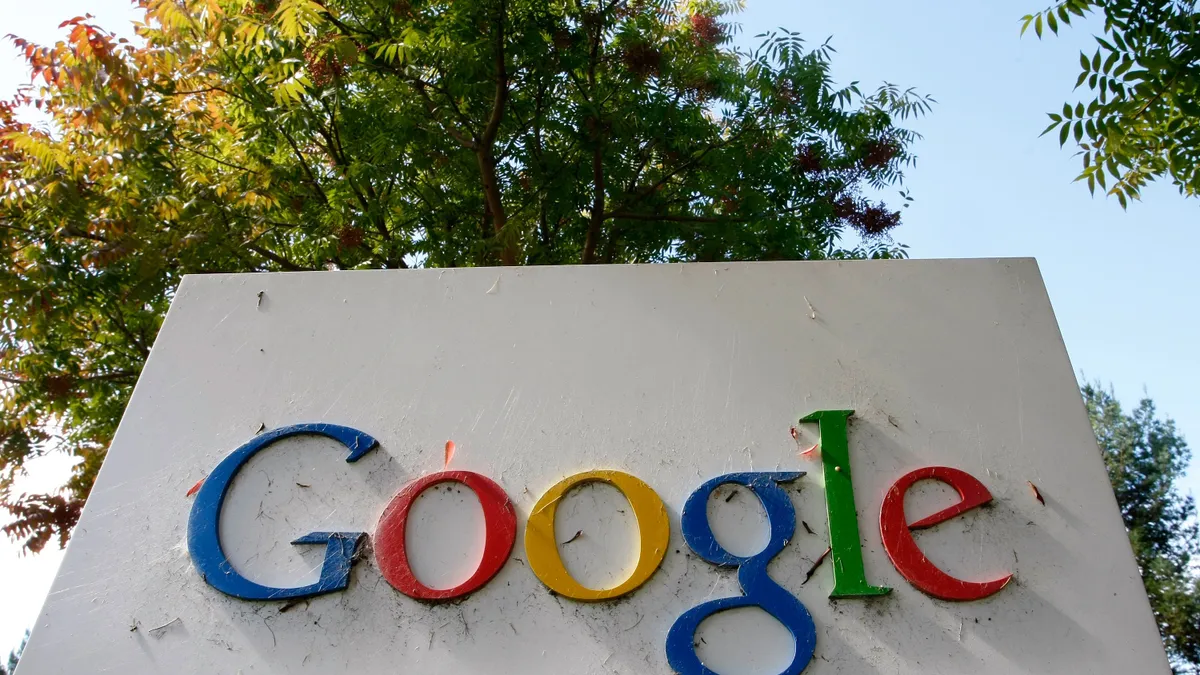Dive Brief:
- Google introduced two generative AI capabilities to its cloud services and added AI enhancements to Docs and Gmail, the company said in a Tuesday announcement.
- Vertex AI gives data science teams API access to its PaLM large language model, and Generative AI App Builder will allow developers to leverage AI templates for use cases in search, customer support, product recommendation and media creation, according to Google.
- The new cloud-based AI capabilities, now available to testers in the Google Cloud Innovator community, are slated for broader release in the future. Google declined to say when the features will be made available to all customers.
Dive Insight:
Making generative AI palatable for public consumption was just the first leg of a longer race. The uphill battle to entice the enterprise is underway.
Microsoft and Salesforce recently integrated the technology into their CRMs. But data privacy and security concerns remain stumbling blocks to widespread adoption.
“Separating customer data from model data is one of the biggest inhibitors preventing enterprises from fully leveraging generative AI,” Chirag Dekate, VP analyst at Gartner, said in an interview with CIO Dive.
AI skills gaps, coupled with the potentially prohibitive engineering costs of large language model building, are two additional enterprise hurdles.
The new AI capabilities will give businesses access to best-in-class models, a secure data ecosystem and pricing that is more aligned with enterprise budgets, according to Dekate.
“These are proven models,” Dekate said. “Google uses these models for doing their day job, in YouTube, search and the Android ecosystem.”
Google outlined the potential use case of digital assistants that can help business users generate SQL queries. Creating marketing copy and generating other media assets are also potential use areas.
“Enterprises considering building with this technology should keep this focus on experience and functionality as core to how they develop their use cases,” Rowan Curran, analyst at Forrester, said via email.
The new cloud-based services have distinct levels of functionality, according to Dekate. There are low-code solutions for customers who want out-of-the-box applications, as well as capabilities that allow users to build on Google’s models and train their own.
“The AI battle space is likely going to be won by vendors that don't necessarily dominate the headlines but that actually build solutions that address different levels of maturity in the customers,” Dekate said.













